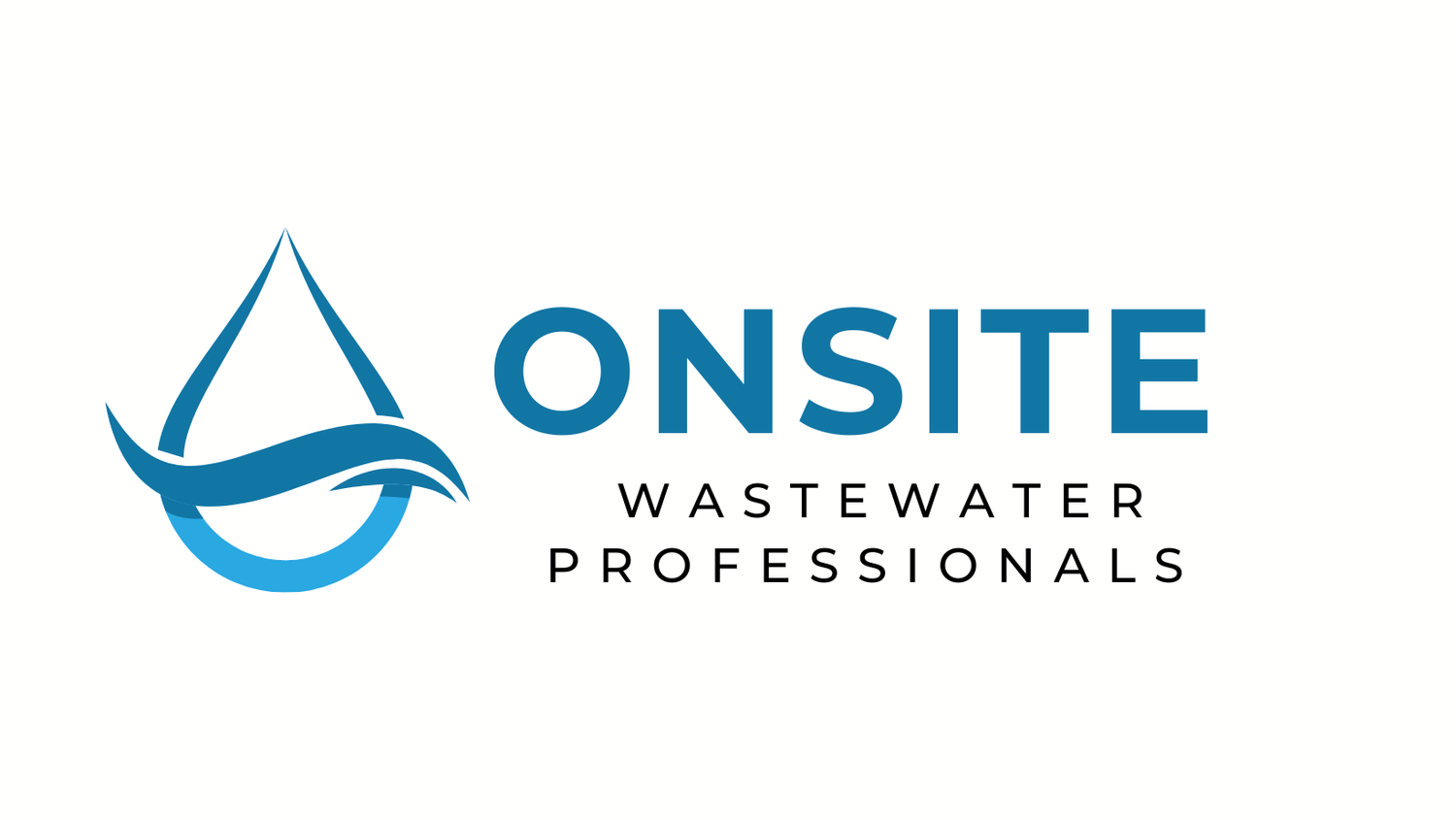Septic Inspection: Advanced Treatment Technologies
This in-depth class is specifically tailored for onsite wastewater professionals, providing a comprehensive understanding of the inspection principles and methodologies for advanced treatment technologies. The course covers inspection procedures and best practices for various advanced treatment systems, such as aerobic treatment units (ATUs), membrane bioreactors (MBRs), and other advanced treatment technologies. By combining theoretical knowledge with practical exercises, participants will gain the expertise needed to effectively inspect and evaluate a variety of advanced treatment systems.
Agenda
Introduction to Inspection of Advanced Treatment Technologies
Brief overview of advanced treatment technologies covered in the class
Importance of proper inspection for system efficiency and effectiveness
Environmental and regulatory considerations
Inspection Procedures for Aerobic Treatment Units (ATUs)
Inspection best practices and methodologies for ATUs
Identifying common issues and potential solutions
Regulatory requirements and documentation
Inspection Procedures for Membrane Bioreactors (MBRs)
Inspection best practices and methodologies for MBR systems
Identifying common issues and potential solutions
Regulatory requirements and documentation
Inspection Procedures for Other System Types
Inspection best practices and methodologies
Identifying common issues and potential solutions
Regulatory requirements and documentation
Emerging Technologies and Innovations
Overview of innovative and emerging advanced treatment technologies
Inspection considerations for new technologies
Adapting inspection practices to accommodate evolving technologies
Hands-on Inspection Exercise
Interactive group exercise focused on inspecting various advanced treatment systems
Guided problem-solving exercises related to inspection challenges
Group discussion and experience sharing
Conclusion and Q&A
Recap of the class's key takeaways
Open forum for questions and additional discussion
Distribution of course completion certificates

